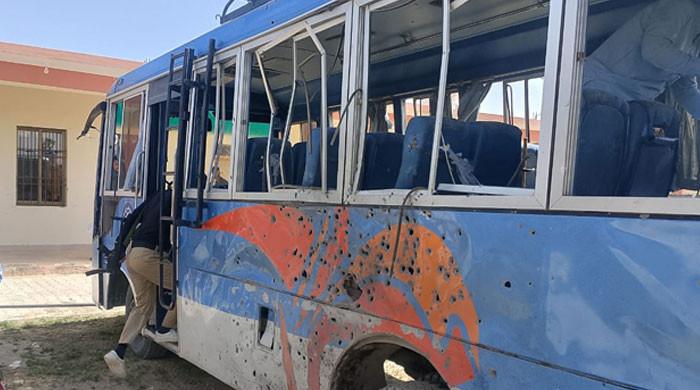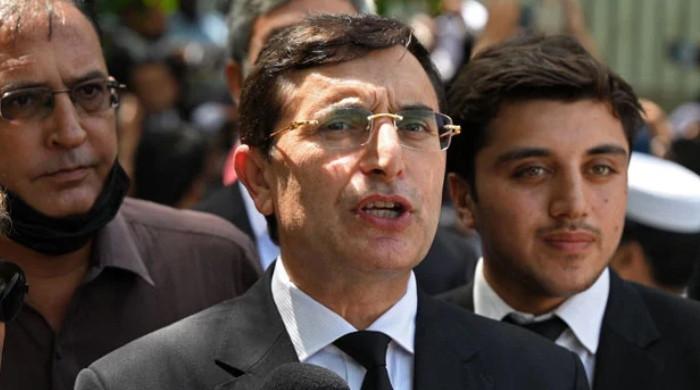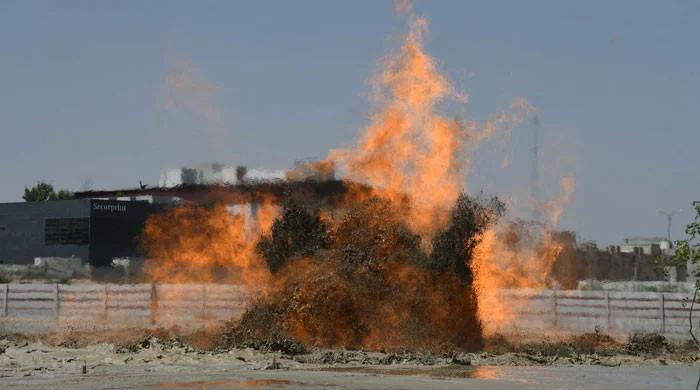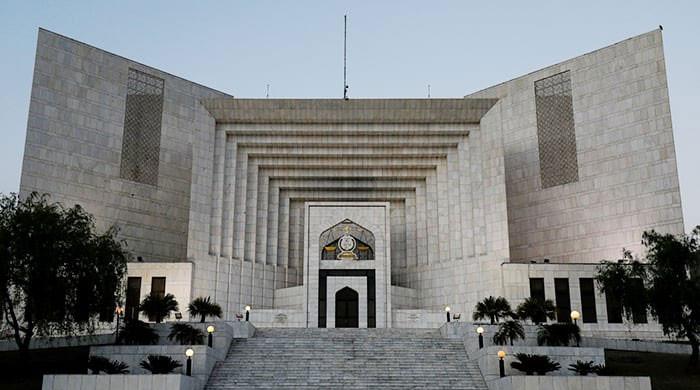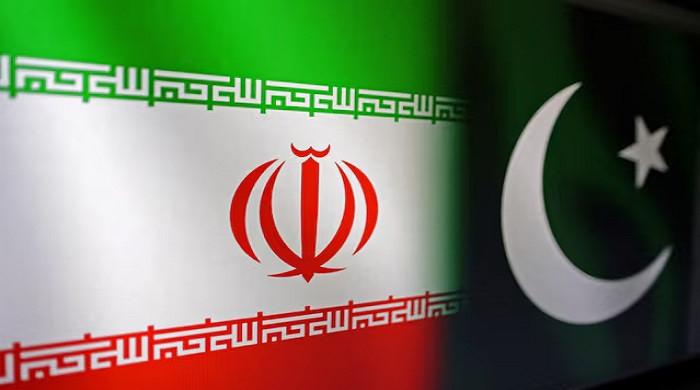Pakistan’s sanitation workers — the forgotten frontline heroes of the pandemic
Many sanitation workers continued to work throughout the COVID-19 pandemic without extra money or proper PPEs
November 19, 2021
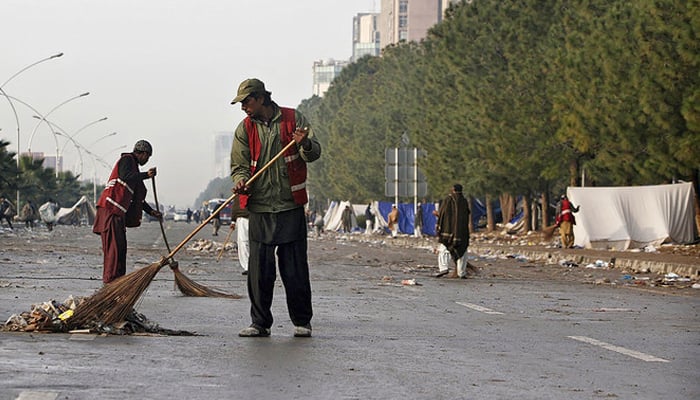
KARACHI: During Pakistan’s fight against the deadly coronavirus, the country did little to protect an essential group working on the frontlines — sanitation workers.
A report titled “Sanitation Workers: The Forgotten Frontline Workers of the COVID-19 Pandemic”, by WaterAid, an international organisation, noted that during the pandemic many sanitation workers in South Asia felt vulnerable.
They feared that their jobs made them more likely to catch the virus. Two-thirds thought their families would be more at risk because of their work.
As COVID-19 spread, many countries recommended using face masks or gloves, yet sanitation workers were not supplied with Personal Protective Equipment (PPE) and were left to buy their own or reuse items multiple times, the report stated.
“Despite the risks of working on the frontline and fears of contracting coronavirus, sanitation workers were most concerned about the pandemic’s financial impact and being able to feed their families,” the report highlighted.
“Many are poorly paid informal workers, classed as ‘daily wagers’, with unpredictable incomes, which makes them more susceptible to economic shocks such as those brought on by the pandemic.”
On these workers, who are already underpaid, the coronavirus pandemic had a direct impact, with many working longer hours or taking on increased risks without compensation, while others have lost their income completely.
Statistics in the report revealed that in Pakistan, 21.7 million people are still living without clean water, one in three without a decent toilet, and 16 million people still practice open defecation.
The report said Pakistan has made significant progress improving access to sanitation but sanitation work remains low paid and low-status work linked to discrimination based on caste and religion.
“Many sanitation workers continued to work throughout the COVID-19 pandemic without extra money or proper PPEs for fear of losing their jobs” even though some came in direct contact with COVID-19 patients, the report noted.
Overall, 80% of sanitation workers in Pakistan are Christians, as per the report.
“Sanitation workers play a vital role in keeping our neighborhoods clean but they face social and economic exclusion and discrimination based on their profession," Arif Jabbar Khan, WaterAid Pakistan’s Country Director told Geo.tv.
Advocating for national and local governments to recognise and protect the rights of this “hidden workforce”, WaterAid has called authorities to take action.




